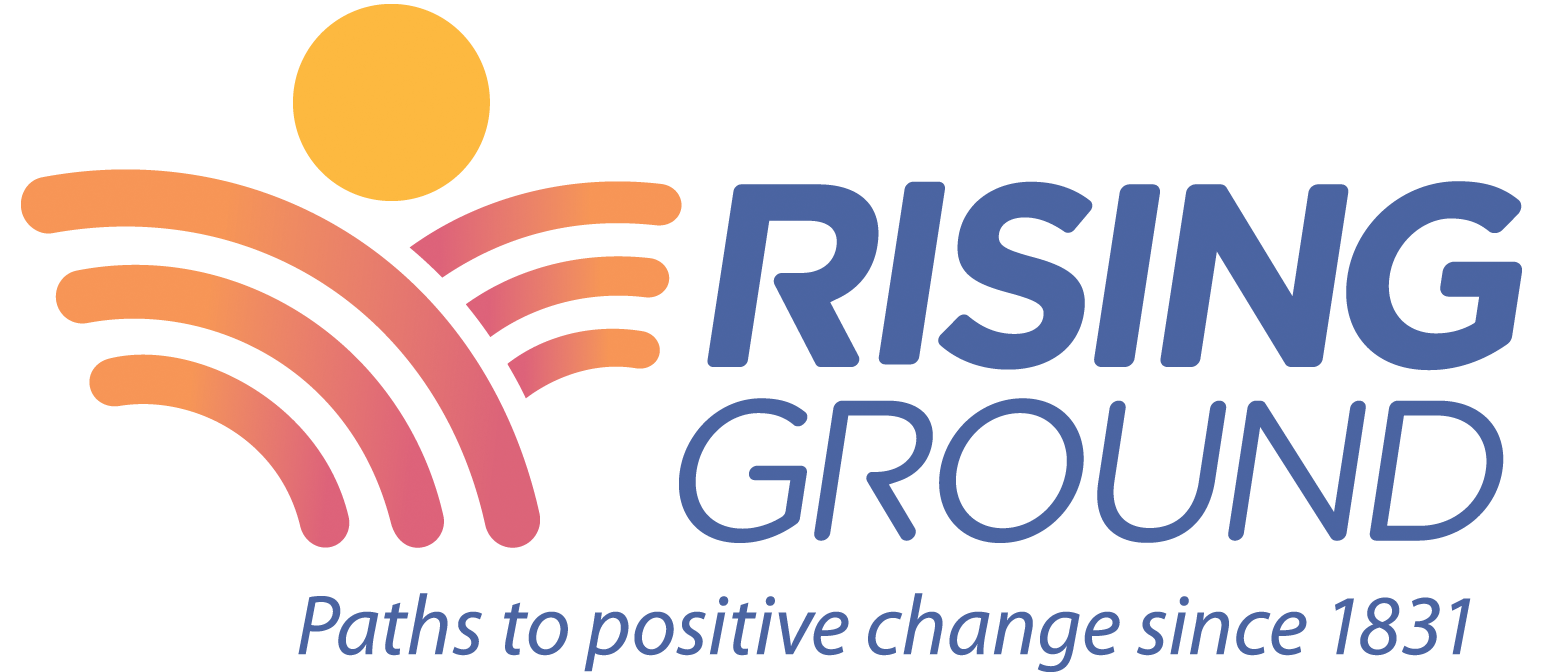Understanding Causes Means Better Solutions
Life can throw up roadblocks that seem insurmountable. Abuse, neglect, or serious trauma may lead young people to make poor choices and to involvement with the juvenile justice system. Many of the youth we support come from families and communities that face challenges with poverty, violence and lack of educational resources. But the cycle doesn’t have to continue. Youth in our juvenile justice programs discover their inner strengths and demonstrate tremendous resilience.
With support and new opportunities, youth learn to make positive decisions. Both our residential and our community-based juvenile justice programs give them a chance to rise above the obstacles they face so they can change the trajectory of their lives.
Brain research tells us that cognitive development continues until age 25 and beyond. The young people we support are still developing. While being held accountable, they can also learn new skills and how to make positive decisions in the supervised and nurturing environment of our programs.
When the Court refers youth to our programs, we give them a chance to discover the root causes of their delinquency, examine the choices they have made and acquire the tools they need to make better choices. They can start down a new path, one that leads to a productive, healthy life.
Ask Troy, 16, who said, “I am more than one bad decision that I made one day.” We gave him another day, other options — like learning to control his anger, finishing his high school diploma, and pursuing his dream of becoming an airline pilot.
Creating a Supportive Culture
Using the Missouri Approach, a proven model to reduce recidivism, we create a supportive community of peers within our residential programs. Youth hold one another responsible for their actions, and the community of peers helps each other hone skills in making positive choices.
Youth participate in individual, family, and group therapy as well as continue their schooling. They learn how to resolve conflicts and deal with challenges while working toward their middle and high school diplomas. Through community partnership opportunities and therapeutic recreation, our youth also discover new talents and build self-esteem.
Rising Ground is committed to providing safe environments for youth in our care. To support this commitment Rising Ground has created Safe Environmental Standards to ensure its Limited Secure Placement (LSP) program. Read more here.
Our community-based respite program uses an evidence-based model to reduce recidivism for youth who would otherwise increase their involvement with the juvenile justice system. It is an effective alternative to incarceration.
Look Forward, Not Back
Everything the young people in our program do is focused on successful re-entry into the community. We help them keep in touch with the positive aspects of family by bringing parents and caregivers to see them. With a clear understanding of themselves, recidivism drops.
In our juvenile justice programs, young people gain the confidence and skills they need to rise above the challenges they face.
